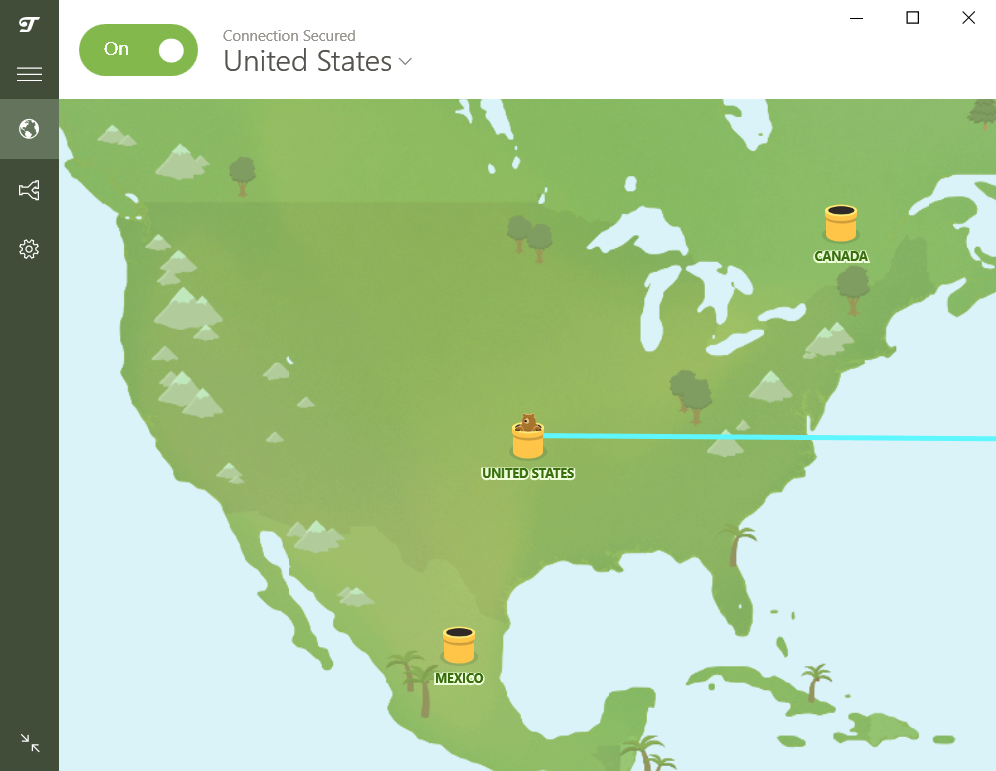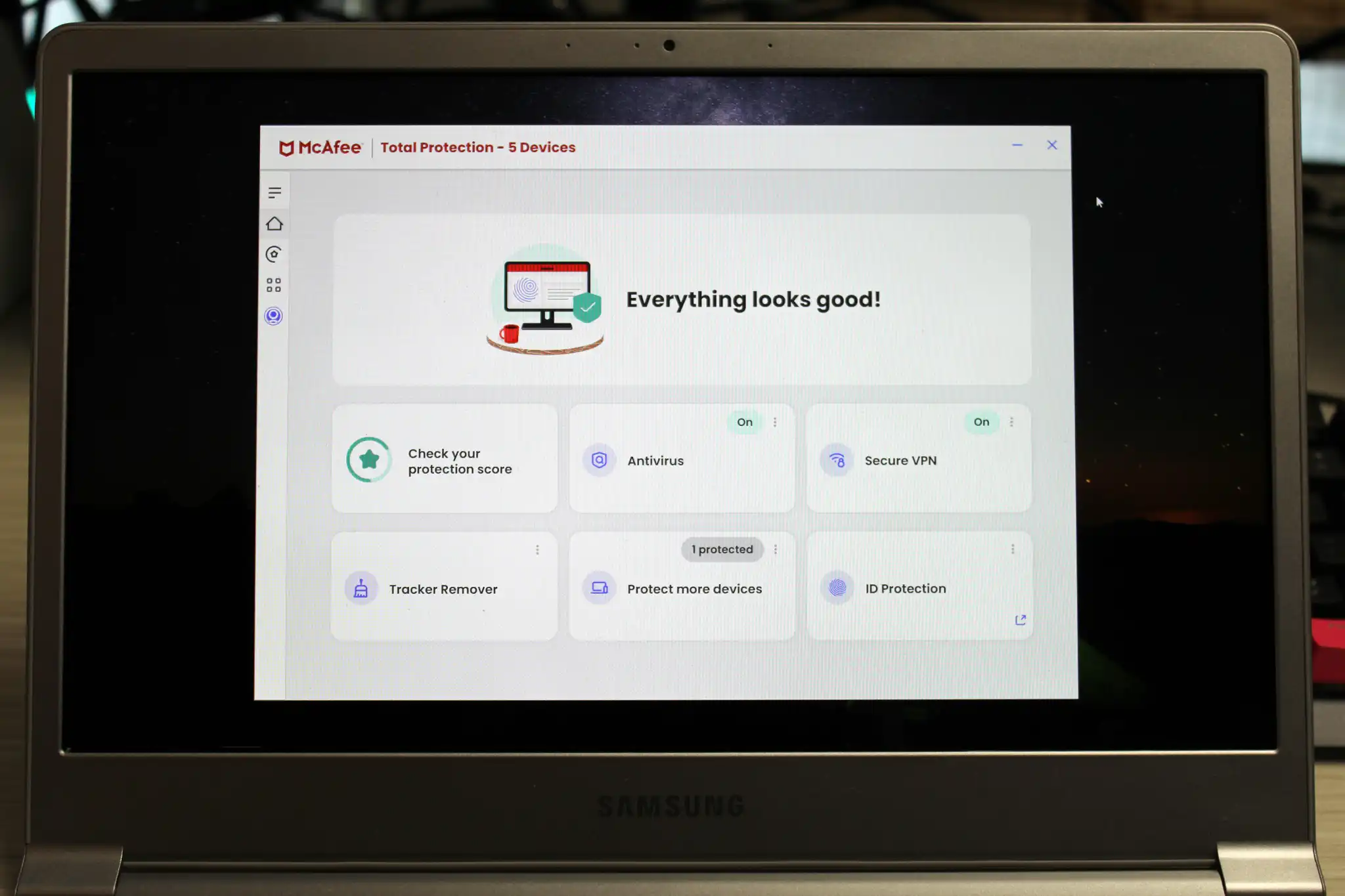User authentication could be required to use the feature, however.
One of the ways that advertisers build a profile of you is based on your location—that is, your IP address. Whenever you visit a website or a service, it’s part of the information passed along when you connect. But now Google wants to change how IP addresses are shared by Chrome, in order to better protect user privacy.
Unlike cookies, your browser can’t block requests for your IP address. It’s a fundamental part of the way the internet works. Your internet service provider assigns you one for a reason—so that it knows where a connection request comes from, and where to send the resulting data. Every device at your location will be seen as that IP address, regardless of the internal IP addresses assigned by your router to your devices. It’s similar to everyone sharing a single landline at a residence. Individuals using the line might have unique names, but anyone tracing a call will only see the address the line is tied to. That’s then used to track habits and interests.
With its new “IP Protection” feature, Google plans to thwart that process by routing your traffic through proxy servers, according to Bleeping Computer. By sending the data through an intermediary server, your IP address will become hidden. At the start, IP Protection will only work for specific domains, then expand to include more domains and protection from cross-site tracking.
Proxy servers aren’t as secure as using a VPN. however—when traffic goes through a proxy server, it doesn’t necessarily cover all of your browsing (like how IP Protection will start with a limited number of support domains). The data also isn’t encrypted. For stronger privacy, you’ll want a VPN (you can read more about them in our round up of the best VPN services).

Sam Singleton
They’re also not fool-proof (though neither are VPNs). One of Google’s security concerns is threat actors compromising its proxy servers. Traffic could then be seen or even manipulated (e.g., routed elsewhere). Google may require authentication of users in order to use the proxy servers to ward off this issue, as well as the abuse of the feature to wage DDoS attacks.
Still, IP Protection is a start to putting a wall between trackers and the public. It’ll first roll out to US users, and you’ll have to both be logged in and opt into the program to use it. The initial phase of this feature, which will work with just Google-owned domains, will be tested between Chrome versions 119 and 125. You can read more about the project on Github, which includes details about future plans—like possibly using two hops for traffic to improve privacy.



